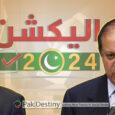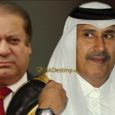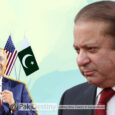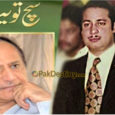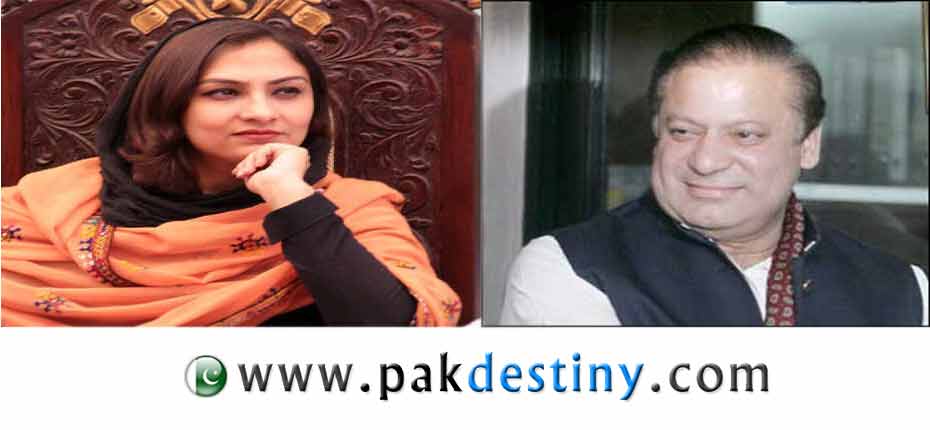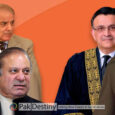
Nawaz in London for medical visit or Eid Vacation?
By Irum Saleem
Former Prime Minister Nawaz Sharif once again departed for London on Sunday, ostensibly for “medical treatment,” according to his close aides. However, political circles and the public remain skeptical, pointing to a recurring pattern that suggests Sharif’s visits to the UK often align with festive occasions or politically turbulent times at home.
This latest trip comes just days ahead of Eid-ul-Adha, sparking fresh speculation that the PML-N supremo intends to spend the religious holiday with family in London, far from the heat of Pakistan’s political and judicial developments. Sources familiar with the matter said that Sharif’s doctors in London have “routine follow-up appointments” scheduled, but added that no emergency or significant medical procedure is currently planned.
This is not the first time Nawaz Sharif has left the country under the pretext of health concerns. Since his controversial exit from Pakistan in 2019 during Imran Khan’s government — granted on medical grounds by the courts — Sharif has made London his de facto base. Over the years, he has traveled back and forth, citing health issues that many believe offer a convenient escape from Pakistan’s volatile political climate.
While PML-N leaders insist Sharif needs specialized treatment unavailable in Pakistan, critics argue that his visits are strategically timed. “Nawaz Sharif’s definition of medical treatment includes long walks in Hyde Park, shopping trips in Knightsbridge, and family dinners in Mayfair,” quipped a senior opposition leader, requesting anonymity.
His departure comes amid growing uncertainty over the stability of the PML-N-led coalition government and whispers of legal challenges resurfacing regarding cases that had been put on the back burner after his return to Pakistan late last year. Some analysts see the timing as a strategic move to distance himself from the political frontlines, especially as public dissatisfaction grows over inflation and governance.
“There is a pattern here — Sharif tends to leave the country when accountability pressures mount or when political responsibility becomes uncomfortable,” says Dr. Farah Zahid, a political analyst based in Islamabad. “But his absence this time, right before Eid, reinforces the perception that he prioritizes comfort and leisure over confronting national challenges head-on.”
For ordinary Pakistanis struggling with the cost of living and an overstretched healthcare system, Nawaz Sharif’s repeated reliance on London clinics appears tone-deaf. His critics argue that if a former three-time Prime Minister has no faith in Pakistan’s medical infrastructure, it sends a grim message about the system’s credibility — and the elite’s disconnect from it.
Meanwhile, party insiders insist that Sharif remains engaged in party affairs even while abroad and that he will return “soon” after medical consultations are completed.
With Eid approaching, political observers note that members of the Sharif family already in London — including sons Hassan and Hussain Nawaz — are preparing for a private family gathering. Maryam Nawaz, now an important political figure in her own right, is expected to stay back in Pakistan, perhaps to maintain the narrative of leadership presence during her father’s absence.
While his party maintains that Nawaz Sharif’s visits are “routine and necessary,” the public remains unconvinced. As the former premier settles into his London residence in Avenfield, questions about privilege, accountability, and political sincerity loom larger than ever. PAK DESTINY

